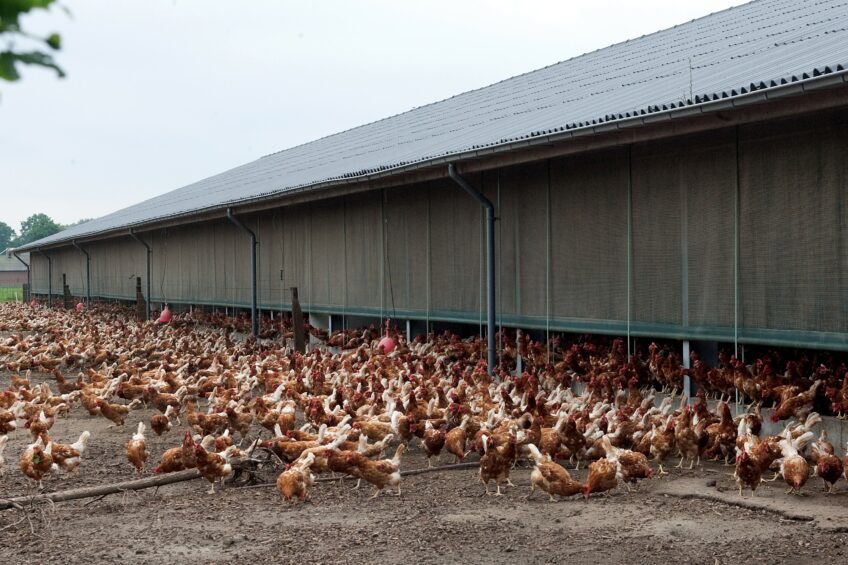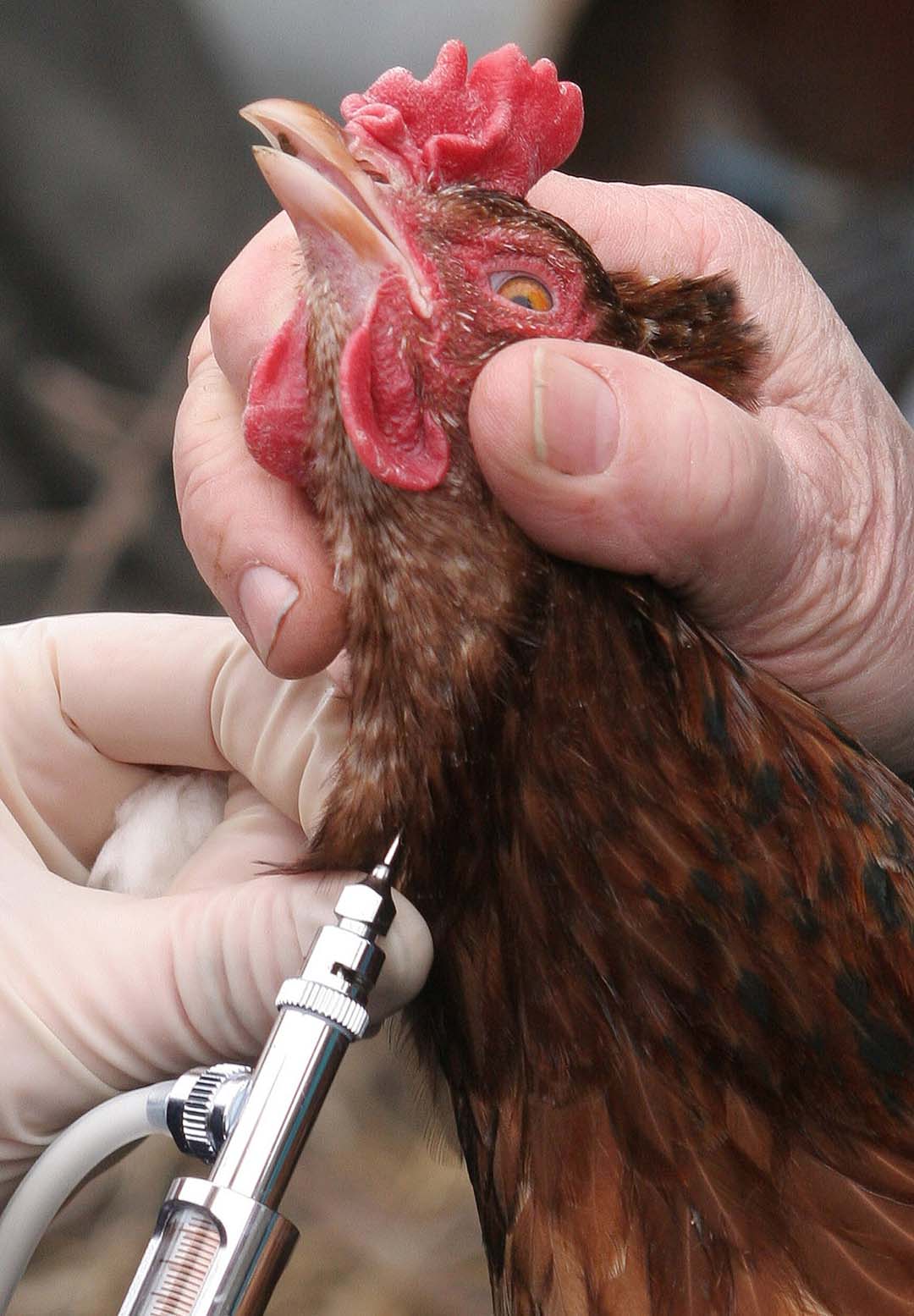Egg farmers shun avian influenza vaccination strategy

Challenges posed by vaccination for avian influenza and concerns about lack of consultation over farm assurance schemes dominated this year’s British Free Range Egg Producers conference. Poultry World reports from the Telford International Centre.

Egg producers under the British Free Range Egg Producers Association turned their back on bird flu vaccination after learning of the costs linked to surveillance to meet global trade requirements. A poll taken at the start and end of an hour-long discussion found that all the farmers who originally supported vaccination later opposed it.
Gordon Hickman, head of exotic disease control and member of the AI vaccination task force at the Department for Environment, Food and Rural Affairs (Defra), said present government policy did not allow vaccination in kept birds other than zoo birds in England and Northern Ireland. Instead, it relied on stamping out diseases and robust biosecurity. Hickman said vaccination would only work when applied in combination with other measures but at present there was no current vaccine or vaccine technology authorised in the UK that met all the UK criteria for widespread vaccine deployment.
DIVA strategy
A DIVA strategy (Differentiating Infected from Vaccinated Animals) was essential for trade, but if more than one vaccine type was required to cover the range of species in the UK this would add complexity to the surveillance testing approach. And the surveillance requirements needed to meet trade requirements were a major barrier to the affordability and cost-effectiveness of the deployment of vaccines, even if an inexpensive vaccine was found that could cover a range of species and provide protection after a single dose.
It was unlikely that the EU and wider global countries would accept single species being vaccinated and countries such as the US were still vehemently opposed to the concept. Nevertheless, Hickman said the development of effective vaccines for use as a preventive measure was a key priority for both government and industry, adding that the Vaccination Task Force would produce a progress report soon. And he mentioned there could be a relaxation in surveillance testing in the future, citing an EFSA study that is due to report in March 2024.
Considerations
Ian Lowery, partner with Crowshall Veterinary Services and consultant vet for the British Egg Industry Council, said there were 3 areas for the sector to consider when it came to vaccination. However, Lowery warned that changes to the virus and the length of time to produce and administer vaccines meant that the farming community would “always be behind the curve”.
- Practical – availability, administrative route, effectiveness, reputation, number of doses, supply chain.
- Economic – costs of vaccine production and surveillance, veterinary costs for swab tests, what sectors are likely to want to vaccinate.
- Trade – chicks to Ireland, meat and egg product exports to EU and non-EU nations, breeding stock.
Dave Hodson, managing director of poultry vaccine specialists Rosehill, said that vaccination on its own was not a silver bullet. “If we started jabbing birds today, we wouldn’t have the full flock vaccinated until the end of 2025,” Hodson noted, adding that 4 issues needed to be taken into consideration:
- An extensive, active monitoring programme of circulating avian influenza strains in commercial and wild birds must be in place.
- The vaccine must be antigenically close to the circulating field strains.
- Compulsory monitoring of all commercial flocks must be in place to ensure new stains and escaped mutations are picked up.
- The vaccine must then be adjusted if need be to provide protection against challenging strains.













